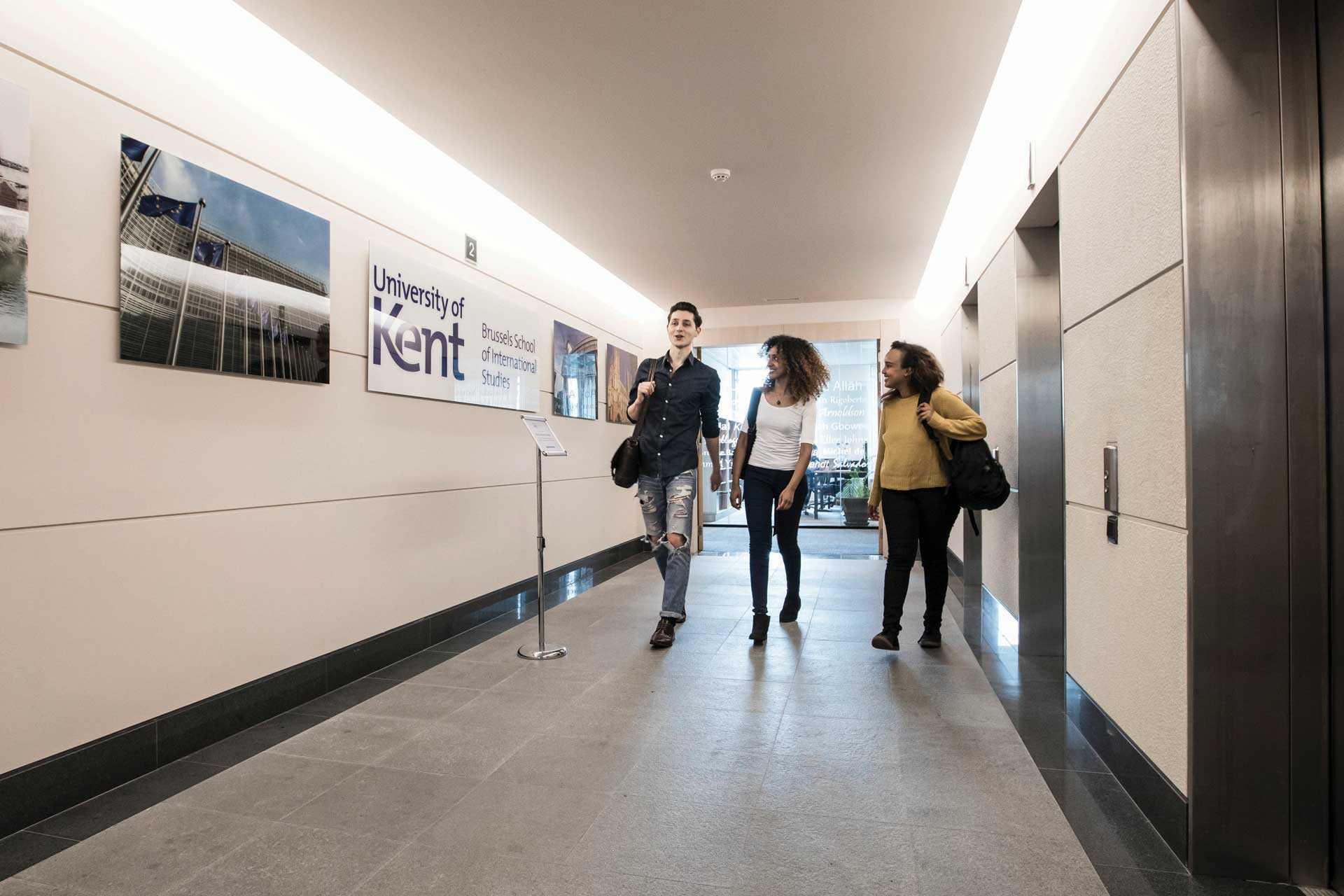International development is an exciting field of study at the forefront of international affairs, exploring questions of poverty, inequality, social orders and global justice. Our unique interdisciplinary MA is taught by academics, practitioners and policymakers to enable you to understand the multifaceted political, economic and legal processes that shape development.
Brussels School of International Studies (BSIS) is an attractive home for development studies, not just because of its experience and expertise in international studies, but also because of its location in Brussels, the site of various development institutions and agencies at the core of the field.
The programme improves your critical understanding of contemporary issues in development and provides practical tools for a future engagement. It considers theoretical, practical and ethical issues by interrogating development discourses, objectives and effects, and by seeking to understand forms of inclusion/exclusion and intervention in societies.
Issues covered include economic development, poverty eradication, legal empowerment, public-private partnerships, social entrepreneurship, trade and privatisation, informal economies and finance, and technological initiatives. It also provides you with an interdisciplinary approach to development and to allow you to specialise in your field of interest, such as development economics, development and migration, development and conflict, or human rights.
BSIS attracts an exceptionally diverse and active student body that shares an enthusiasm for engagement in global affairs. Our students come from Europe, Africa, Asia and the Americas; many have spent extended periods abroad and/or worked for development institutions. An important forum is the International Development Group, which meets regularly to discuss personal experiences, debate issues in development, invite guest speakers, attend conferences and workshops, and also organise conferences.
The programme is suitable for students seeking to understand the field of international development as well as for practitioners who have substantive experience. It provides conceptual tools and practical skills for a variety of careers in international affairs.
After their studies at BSIS, our students engage in careers in international affairs, including international organisations, NGOs, international business and research institutions across the globe.






